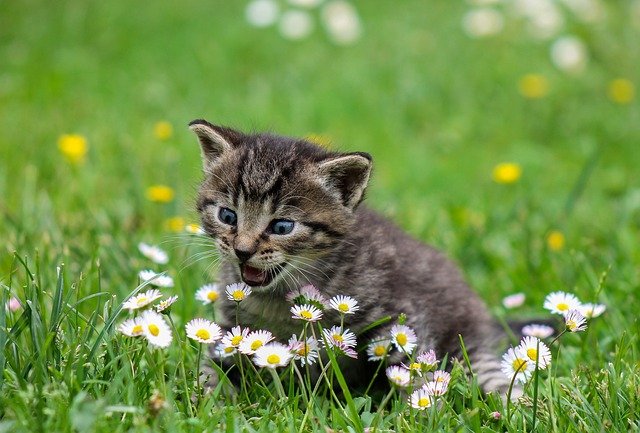
Three of the Most Dangerous—And Most Common!—Household Toxicities For Pets
Pets love to get into things they shouldn’t. Home medications, sweets, or even household plants can be irresistible to curious cats and dogs. They are also often dangerous or even life-threatening for many pets. This article will cover a few of the the top toxicities that bring animals to our veterinary clinic.
Lilies
Every cat-owner with household plants has probably seen their pet chew on the leaves. Several plants are toxic to kitties, but the most dangerous are lilies. Both the leaves and flowers of the lily are toxic to your cat’s kidneys. They can cause renal failure, and can be potentially lethal. Even just a nibble of a leaf can cause an onset of symptoms. If your cat has ingested or been chewing on a lily prompt treatment is necessary for a favorable outcome. Treatment consists of induces vomiting, charcoal treatment, and aggressive intravenous fluids. If your cat develops full renal failure, peritoneal dialysis or hemodialysis should be considered.
Candy, gum, and peanut butter
Xylitol is a natural sweetener found in small quantities in certain fruit. Because it is sugar free, xylitol has been used as a sweeter in many foods, candy, gum, and many peanut butters. When ingested, xylitol causes a sudden drop of blood glucose due to an increase in insulin secretion. Effects can often be seen in as little time as fifteen minutes after ingestion. Clinical signs include collapse, lethargy, vomiting, and weakness. Treatment consists of inducing vomiting, serial blood glucose monitoring, and intravenous fluids +/- dextrose. Definitely check the jar of any peanut butters before offering them to your dog as a treat!
Chocolate
Understandably, our pets often love chocolate just as much as we do! However, even a small amount can be dangerous to both cats and dogs. The most common signs of chocolate toxicity are hyper-excitability, tremors, a fast heart rate, and even seizures. Severe or fatal doses produce a drop in blood pressure, a slow heart rate, and can even lead to a coma. Cocoa beans, baking chocolate, and dark chocolate are the most toxic to your pet. Milk chocolate is still toxic, but requires a larger amount to have the same effect. If your pet has recently ingested the chocolate vomiting can be induced to help them clear it. Activated charcoal with a cathartic can help to bind and move the toxic components of chocolate out of your pet. Further treatment consists of intravenous fluids, gastric lavage, and serial ECG monitoring.
As you may have noticed, although there are many toxins that can affect your pet, prompt identification and treatment is the most important step you can take. However, if you see your pet eat something and are unsure if it may be toxic there is a number you can call. The Pet Poison Helpline is available 24hrs a day, seven days a week to answer your questions. They are reachable at 1-800-213-6680 or on their website www.petpoisonhelpline.com.
For more information, contact our team at VETSS, a Charlottesville VA urgent care animal hospital!

